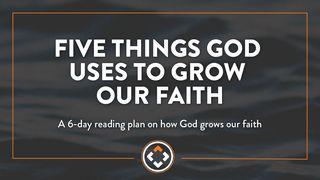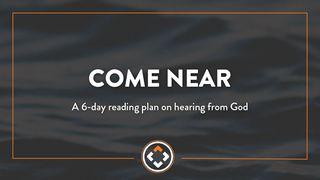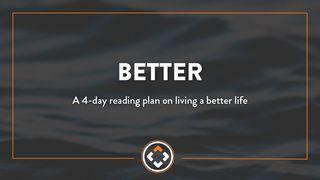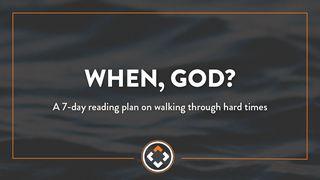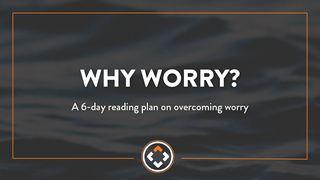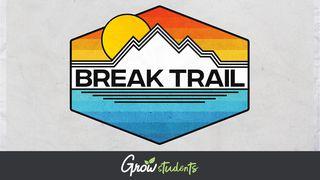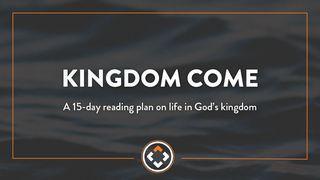The Bible for Grown-UpsSample
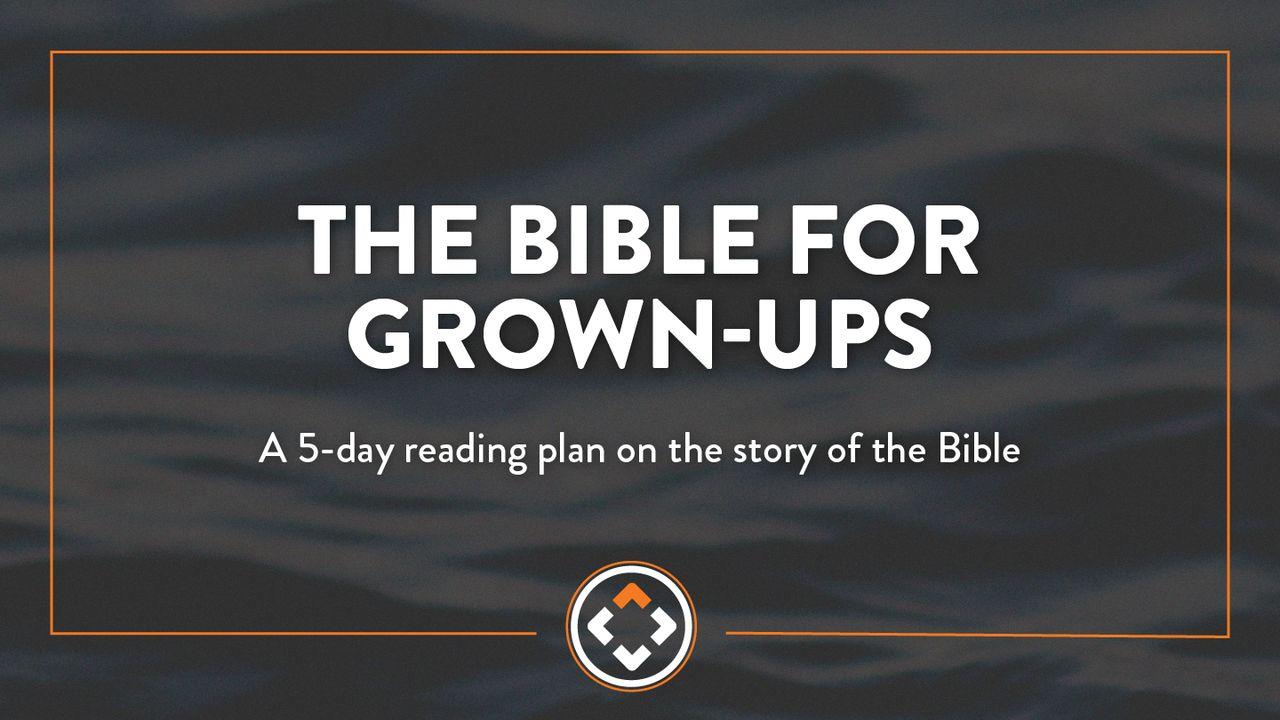
PRAYER:
As you begin this reading plan, ask God give you an understanding of how the Bible came to be and a greater confidence in the stories there.
READING:
Last Things First – Part One
One of the reasons it has been so easy for some people to dismiss the Bible, dismiss Christianity, or walk away from their childhood faith is that while people told them Bible stories as they were growing up, nobody ever explained to them the story of the Bible. And part of the reason is that people don’t know the story of the Bible.
Understanding how the Bible came to be is almost as important as what is inside because it sheds light on the story. Now, part of the challenge, regardless of what kind of home you grew up in, Christian or non-Christian, is that the way we got our Bibles is very different from the way we got “The Bible.” By the time we got our Bibles, it was chaptered, versed, footnoted, and mapped. It was all put together with the Jewish and the Christian Scriptures.
Many of us believe what the Bible says. But it may not be that simple for you because somewhere along the way, somebody pointed out to you what else the Bible says, and you find yourself having a tough time reconciling what you found in the Bible with the reality and the world that you live in.
Now, you may be surprised to learn that the story of how we got the Bible begins with a first-century doctor named Luke, who was not Jewish, but Greek. He spent the time necessary to document the events of Jesus’s life because he had a wealthy friend named Theophilus, a first-century Jesus follower. Like many others, Theophilus had put his faith in Jesus after hearing enough stories and meeting enough of the eyewitnesses of Jesus’s life and seeing the miracles. He wanted an orderly account of how this whole story transpired. We know it as the Gospel of Luke.
It’s very important to understand that when Luke wrote this document, he was not writing “The Bible.” Luke was merely creating an orderly account of the events of Jesus’s life based on eyewitnesses and on the people he interviewed. And because of how he did this, we know why and how the story began and why we have a Bible.
Luke documented the life of Jesus because the story of Jesus didn’t end on a Roman cross. If the story had ended there, there would be no story. Luke tells us the reason he and Theophilus were Jesus followers. It was because Jesus was seen alive after his crucifixion.
Peter, one of Jesus’s followers, said, “God has raised this Jesus to life and we are witnesses of it.” And so, the Jesus movement—the church—was birthed. But still, there was no Bible. Luke goes on to document what happened for the 30 years following the resurrection. He documents it in a book of our New Testament, called Acts or Acts of the Apostles.
Luke knew and interacted with Peter, John, and James, Jesus’s brother. There are documented conversations between them. Luke traveled with the apostle Paul around the Mediterranean Basin planting churches, and he documented the rise of the Gentile church.
This is very unusual because there are not many cases, historically speaking, of multiple written accounts of the same event or series of events. The life of Jesus stands out by itself. Even the most secular historians acknowledge that Christianity shaped and greatly impacted all of Western civilization.
REFLECTION:
What was it about the story of Jesus that was so compelling to people like Luke and Theophilus? What makes the story compelling to you?
Scripture
About this Plan

Many of us know some Bible stories, but very few of us know the story of the Bible. Do you know how the Bible came to be? In this 5-day reading plan, Andy Stanley explores the story of how we got the Bible and how it sheds light on and gives us insight into the stories in the Bible.
More
We would like to thank North Point Community Church for providing this plan. For more information, please visit: https://northpoint.org
